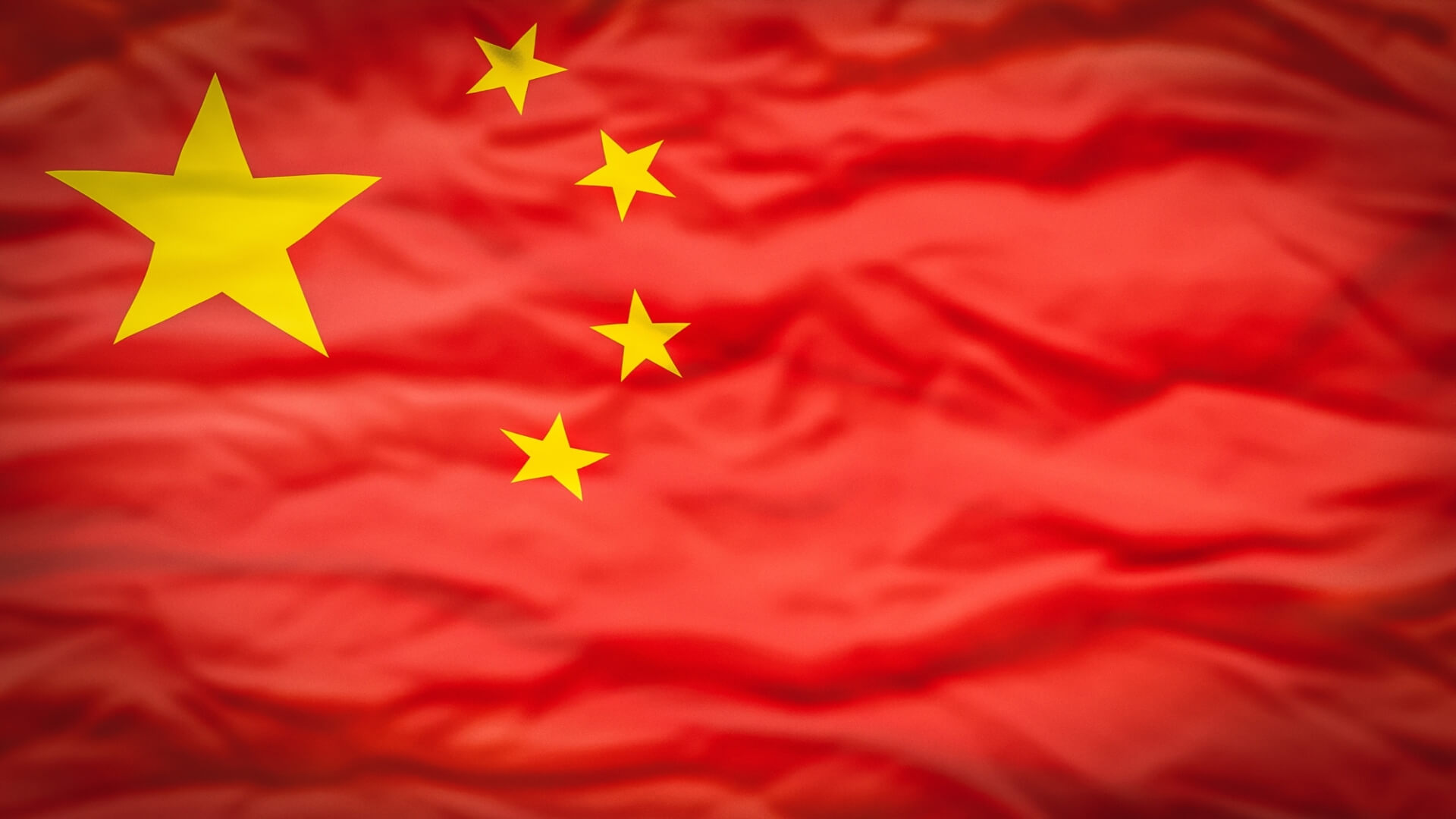The Department of Commerce recently proposed CHIPS guardrails be included in the CHIPS Incentives Program to advance America’s technological and national security. The national security CHIPS guardrails are intended to ensure technology and innovation funded by the CHIPS and Science Act is not used for malign purposes by adversarial countries against the United States or its allies and partners. The CHIPS and Science Act is part of President Biden’s Investing in America agenda for developing a manufacturing and innovation boom, to strengthen economic and national security. The CHIPS guardrails create limits on both advanced and legacy technology facilities located in “foreign countries of concern,” and set a 10-year time frame on restrictions.
According to the Department, the proposed rule offers additional details on national security measures applicable to the CHIPS Incentives Program that is included in the CHIPS and Science Act. This limits recipients of funding from investing in the expansion of semiconductor manufacturing in foreign countries of concern. The statute identifies those countries as the People’s Republic of China (PRC), Russia, Iran, and North Korea. The Department intends for the proposed CHIPS guardrails to advance shared national security interests as the US continues coordinating and collaborating with allies and partners to make global supply chains more resilient and diversified.
The Department aims to support a healthy global semiconductor ecosystem that drives innovation and is resilient to cybersecurity threats, natural disasters, pandemics, geopolitical conflict, and more. As semiconductors and technologies continue to evolve, the US will work with allies and partners to develop coordinated strategies. This is to ensure the latest technology cannot be used by entities of concern to undermine the US collective economic and national security. Here is an opinion piece we found of interest relating to the Department of Commerce proposed CHIPS guardrails.
“Guardrails” on CHIPS Act Funding to Restrict Investments in China May Restrict Participation in CHIPS Act Incentives
In an opinion piece ““Guardrails” on CHIPS Act Funding to Restrict Investments in China May Restrict Participation in CHIPS Act Incentives” for Center for Strategic and International Studies, Sujai Shivakumar, director and senior fellow, Charles Wessner, senior advisor, and Thomas Howell, consultant, discuss the Department of Commerce’s published final rule on establishing the parameters of CHIPS guardrails on the act funding. In the final rule published on September 22, 2023, the Department rejected most comments from stakeholders with respect to the definition of “foreign entity of concern.” This term covers any entity “owned by, controlled by, or subject to the jurisdiction of a government of a foreign country that is a covered nation,” China being one of several “covered nations.” These proposed terms extended to “a citizen, national or resident of the foreign company located in the foreign country.”
The authors point out that major US chipmakers, including Intel, Nvidia and Qualcomm, continue to warn that export controls on chip technology with respect to China will have unintended negative effects by harming their business. This impairs US chipmakers with the ability to invest in US semiconductor technology. The aim for the draft guardrails is to ensure that the CHIPS Act incentives do not directly or indirectly benefit “countries of concern,” a goal that appears to be shared across the political spectrum and broadly throughout the semiconductor ecosystem. Industry stakeholders feel that the guardrails, as currently drafted, are unnecessarily restrictive and will have unintended, adverse effects on semiconductor supply.
Comments by infrastructure firms like Daikin and Momentive Technologies suggest the guardrails may have counterproductive and unanticipated effects on global chipmaking supply chains. This includes incentivizing investments by materials and equipment suppliers outside of the U.S. The authors suggest this will place major burdens on the firms of key allies which may undermine support for looser, but more sustainable controls. Read more on the Center for Strategic and International Studies.
Disclosure: Fatty Fish is a research and advisory firm that engages or has engaged in research, analysis, and advisory services with many technology companies, including those mentioned in this article. The author does not hold any equity positions with any company mentioned in this article.
The Fatty Fish Editorial Team includes a diverse group of industry analysts, researchers, and advisors who spend most of their days diving into the most important topics impacting the future of the technology sector. Our team focuses on the potential impact of tech-related IP policy, legislation, regulation, and litigation, along with critical global and geostrategic trends — and delivers content that makes it easier for journalists, lobbyists, and policy makers to understand these issues.
- The Fatty Fish Editorial Teamhttps://fattyfish.org/author/fattyfish_editorial/January 19, 2024
- The Fatty Fish Editorial Teamhttps://fattyfish.org/author/fattyfish_editorial/January 3, 2024
- The Fatty Fish Editorial Teamhttps://fattyfish.org/author/fattyfish_editorial/January 3, 2024
- The Fatty Fish Editorial Teamhttps://fattyfish.org/author/fattyfish_editorial/December 31, 2023









